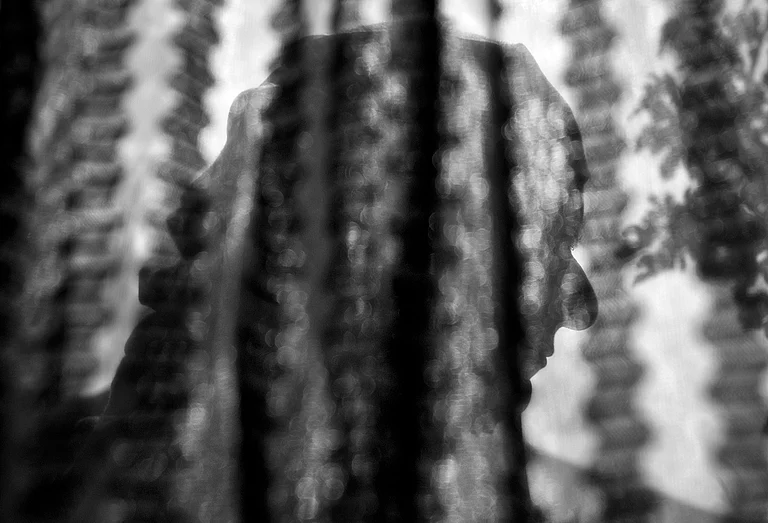President Musharraf's address via satellite during the recent India Today conclave at New Delhi attracted flak from both government and media pundits. The government targeted Musharraf's claim that the latest joint declaration had accepted Kashmir as the central issue for talks. The government nitpicked and said that Kashmir was one of eight issues to be discussed. But is it realistic to expect that after the history of the past 50 years, Pakistani public opinion would accept normalisation before resolving Kashmir?
Musharraf's more pertinent disclosure was overlooked. He claimed that at the Agra summit Vajpayee and Jaswant Singh twice approved the draft of a joint declaration but backed out both times. Musharraf offered to show the final rejected draft to journalists. No journalist seems to have responded. Advani and his masters rejected the final draft because the word "terrorism" was not replaced by "cross-border terrorism". The word terrorism would have included state terrorism to enable Musharraf to placate his domestic audience. What kind of a flip-flop government is it in which the PM and the foreign minister give their consent to a foreign head of state and then retract?
Settling with Musharraf was a real possibility. Have we missed the bus? Colin Powell's promotion of Musharraf by conferring a special non-nato-alliance status to Pakistan betrays panic. India should worry about how much leverage the US really exercises in Pakistan. The man who masterminded the coup and placed Musharraf on the throne is still around. General Mohammed Aziz has never disguised his links with Pakistan's Islamist hardcore and with China. How much control over the army does he still have?
The recent Pakistan army assault in Waziristan in the tribal belt became a fiasco. Speaking on the CNN, Musharraf appeared to be not in real control of the operation. Quoting his corps commander, he said a high-profile Al Qaeda leader was surrounded. Unofficially, the Pakistanis identified him as Osama bin Laden's number two, Ayman-al-Zawahiri. In fact, it was the chief of the Ahmadi tribal federation who was trapped in Waziristan.
According to the grapevine, Bin Laden is most likely in Malakand, near Swaat. From there a two-day journey could take him to safe sanctuary in Chinese Xinjiang. Perhaps, he is already there.
The assault that cost 300 to 400 Pashtoon lives could have far-reaching results. It is another step towards the historically inevitable united Pashtoonistan movement. In the event, India could play a constructive role. Unfortunately, our leaders can only be guided by the US. They are incapable of advising America.
(Puri can be reached at rajinderpuri2000@yahoo.com.)






















